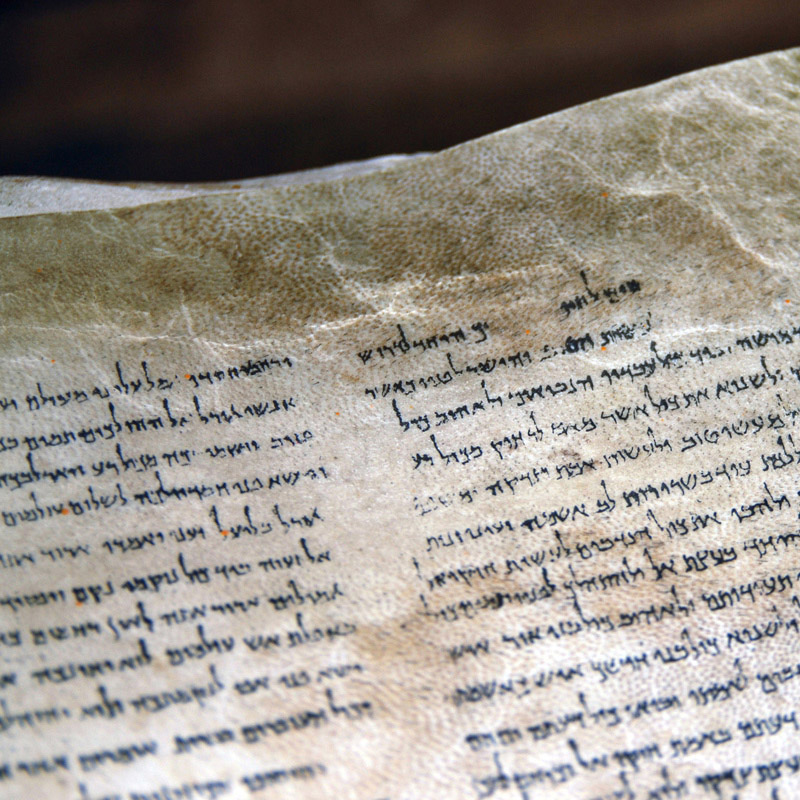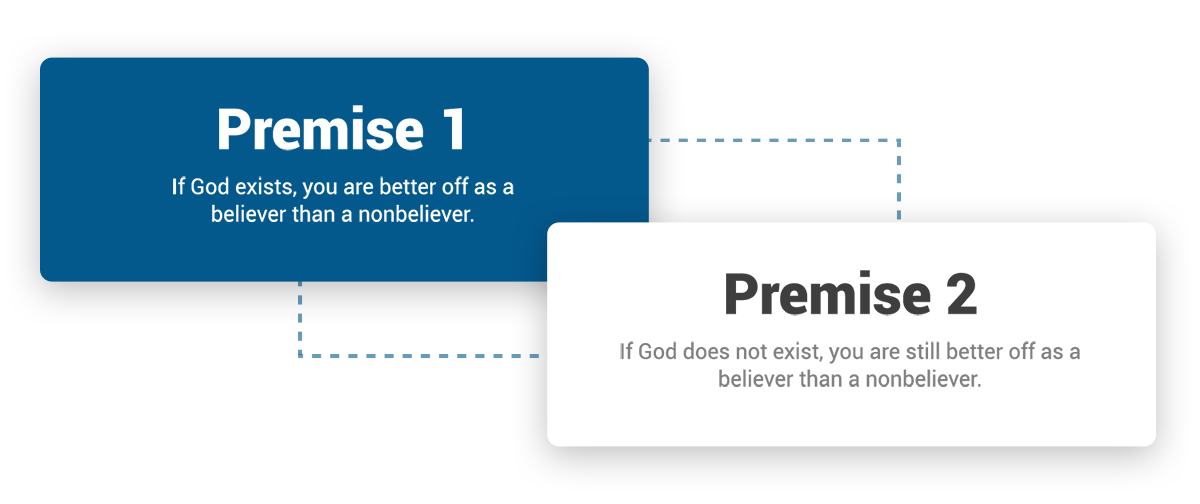WHO WROTE THE BIBLE?
WHO WROTE THE BIBLE?
Let's Explore The Answer
Let's Explore The Answer
For a book that's sold millions of copies and been labeled the best selling book of all time, the Bible is still a great mystery to many. Questions of its authority and authorship have caused much debate over the centuries and these ongoing debates have no end in sight. One such question is that of its author. Was it God who wrote the Bible, or was it mankind? Since the books of the Bible span thousands of years, how can we accurately know who wrote the text?
Would knowing definitively who wrote the Bible change the way that we view its contents? Let's take a look at what skeptics and atheists have to say about the Bible's authorship and compare it with what we can gather from the Bible itself.
Living On The Edge
Learn More About God
Sign up to gain immediate access to free sermon MP3s, devotionals, blog content, and more.


What The Bible Says
In 2 Peter 1:20-21 we read, "Above all, you must understand that no prophecy of Scripture came about by the prophet's own interpretation of things. For prophecy never had its origin in the human will, but prophets, though human, spoke from God as they were carried along by the Holy Spirit."
In other words, according to the Bible, its stories and messages were not dreamt up by human minds but rather received from God by the men who wrote them.
The text itself tells us that while men actually penned the Scriptures – men such as Moses, David, and Paul – the words and ideas they wrote were given to them directly by God at different times through history and thereby recorded.
Interestingly, it wasn't until A.D. 400 that all 66 books were translated into Latin and combined into one volume. Commonly known as The Vulgate, St. Jerome is credited as having translated both Old and New Testaments from the original Hebrew and Greek texts. From then on, the Bible continued to be translated into various languages and printed for everyday people to read.
Ultimately, the Bible tells us that its contents were physically written by men, whereas the messages were inspired by God. Spanning thousands of years, each of the 40+ authors of the Bible were men of faith who obediently recorded God's words for all future generations to receive.
What would happen if you embraced the possibility that the God of the Bible really did create the world and really does care for you?
Pascal's Wager

In the seventeenth century, a famous philosopher and mathematician, Blaise Pascal, encouraged people to make a wager when it came to belief in God. If a person chose to believe in God and God did exist, that person would gain everything (eternal life). If a person chose to believe in God and God did not exist, that person would lose nothing. On the other hand, if a person chose not to believe in God and he was right, he would lose nothing. But if that person did not believe in God and he was wrong- he would lose everything (lose eternal life).
This wager can be said another way:

Based on this logic, Pascal suggested the rational person would choose to believe in God as believing offers a person everything (eternal life) while losing nothing. Wherever you are in your faith journey, would you consider taking Pascal's wager? If the good God of the Bible exists, you have nothing to lose and everything to gain by believing in Him today.
We'd Like to Provide More Resources to Help You Learn About God
To stay in touch with weekly resources from our team, fill out your information below.
